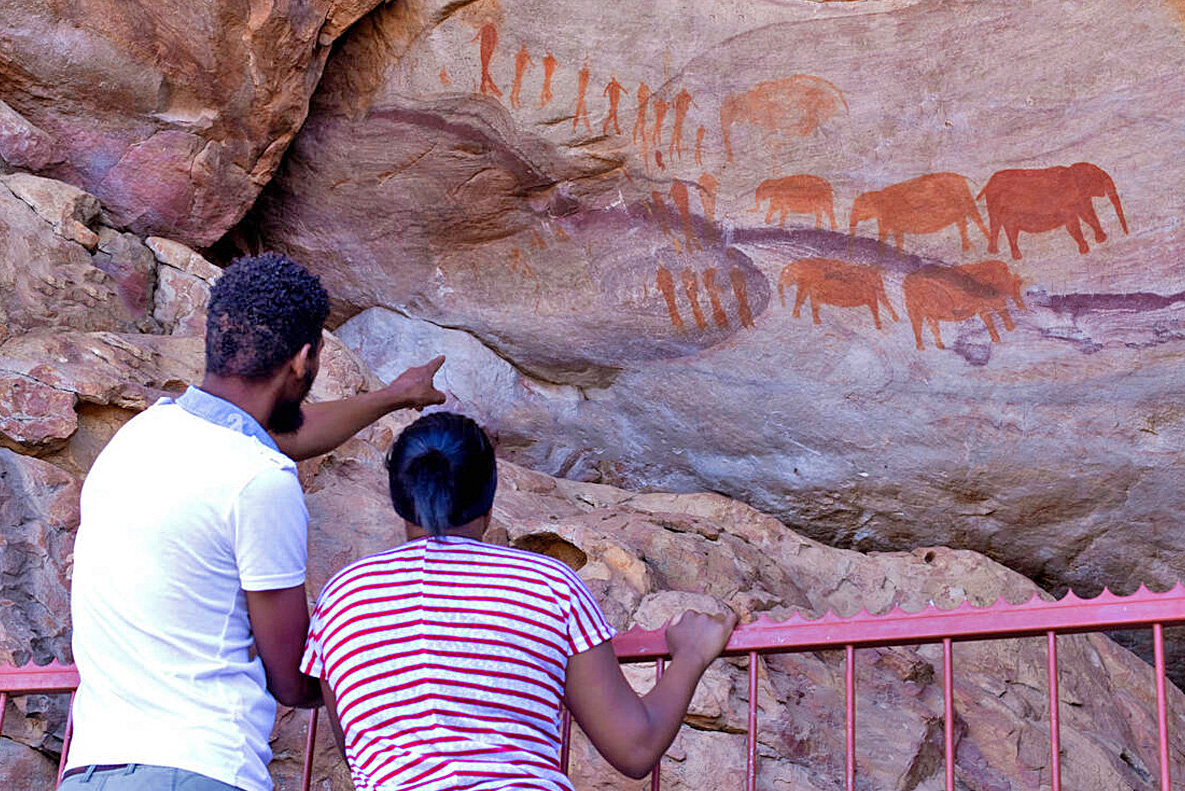“Tourism is too important a resource to be left to the tourism professionals. Tourism needs to be part of a community mobilisation strategy that can reinvent the role of heritage so that it serves the needs of everyone.” Bob McNulty, President, Partners for Livable Communities
Heritage Tourism &
The Experience Economy
By Allan McDonald

“Tourism is too important a resource to be left to the tourism professionals. Tourism needs to be part of a community mobilisation strategy that can reinvent the role of heritage so that it serves the needs of everyone.”
Bob McNulty, President, Partners for Livable Communities
Today, Heritage has become a formidable economic driver and value proposition for those countries who have advanced to a point where their First Nations and non-indigenous populations have taken the long and painful path forward, with resilience, awareness and vision.
By walking side-by-side, and resisting the innate conflict of generational mistrust, fear and resentment, their journey took them closer to a place of shared promise and opportunity.
Until fairly recently, heritage preservation and economic development were seen as mutually exclusive. Unfortunately, that’s an easy sell when addressed from either one of those standpoints. But this is a falsely binary choice. Increasingly around the world, heritage preservation is becoming a uniquely effective vehicle for economic growth.
And Vice versa of course.
Responsible and sustainable Heritage preservation and stewardship, healthily supported and resourced, has become a key player in the new Experience Economy, attracting an estimated 37% of global tourism.*
Likewise, economic development, in respectful and co-operative partnership with the oldest surviving culture on the planet, provides the resources to support, promote and stimulate awareness for, and sustainability of, the unique and treasured legacies of our ancient past.
“Cultural heritage is that part of the past which we select in the present for contemporary purposes, be they economic, cultural, political, or social. It is the legacy of physical artefacts and intangible attributes of a group or society that are inherited from past generations, maintained in the present and bestowed for the benefit of future generations.”
UNESCO
Economic development, deeply invested in a situational leadership style that allows for multi-leadership growth and diversity, will uplift and support related communities, for the next seven generations.
*37% of global tourism has a cultural motivation UNWTO
57% global travellers are strongly influenced by history and culture in their choice of holiday destination. US Trust for Heritage Preservation
PROTECT YOUR PROPERTY. PROTECT YOUR FUTURE.
JOIN OCA TO HAVE YOUR SAY.
